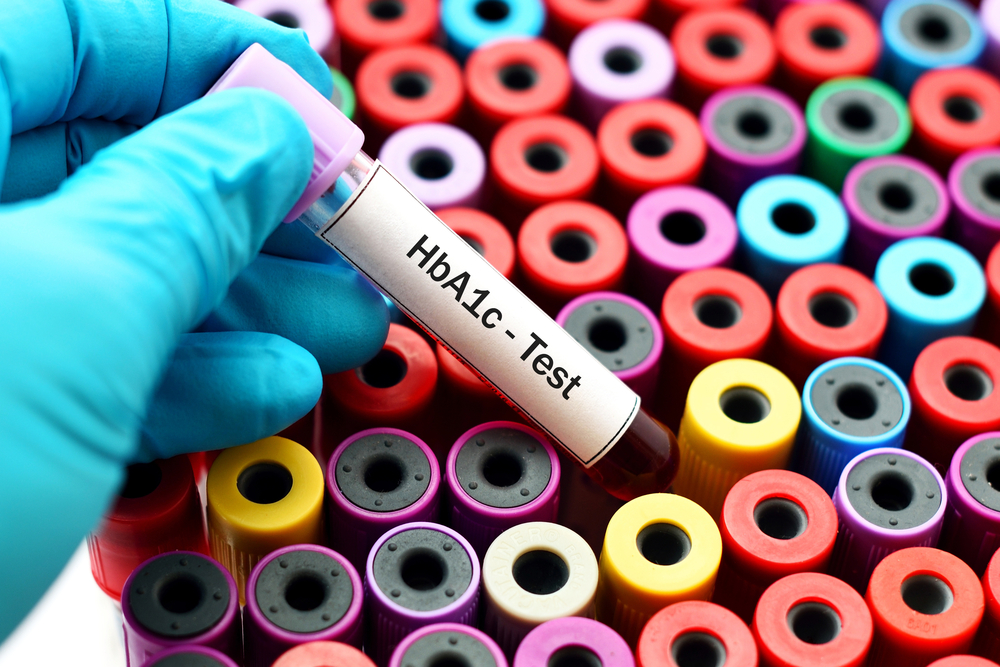The Importance of Regular Health Checkups in Diabetes Prevention

Diabetes is a chronic health condition characterised by high levels of blood glucose, which can lead to severe complications if not managed effectively. While the condition may not always be preventable, certain lifestyle changes and a proactive approach can lower the risk of diabetes or help manage it effectively.
One such critical aspect of diabetes prevention is regular health checkups. This article explores the importance of health checkups in preventing diabetes.
Complications Associated with Diabetes
If not managed properly, diabetes can lead to serious health conditions, some of which include:
- Diabetic Nephropathy
Diabetic nephropathy refers to kidney damage resulting from diabetes. The kidneys filter waste from the blood, but high blood sugar levels can affect the kidneys’ filtering units (nephrons). Over time, this can result in kidney failure, requiring dialysis or a kidney transplant.
- Cardiovascular Diseases
Diabetes increases the risk of cardiovascular conditions, such as heart attack, coronary artery disease, or stroke. High blood glucose cause damage to the blood vessels and nerves controlling the heart, leading to increased blood pressure and cholesterol levels, promoting the build-up of fatty compounds in the arteries.
- Nerve Damage
High blood sugar levels can also lead to nerve damage, affecting the legs and feet, the digestive system, the urinary tract, or heart. It can lead to pain and numbness, digestive problems, or heart rate abnormalities.
- Retinopathy
High blood sugar levels can damage to the blood vessels in the retina. In its early stages, diabetic retinopathy may not present any symptoms, but as it progresses, it can result in vision problems, including floaters, blurred vision, or vision loss.
Importance of Health Checkup for Diabetes Prevention
Here’s why regular health checkups are necessary for preventing or managing diabetes effectively.
Early Detection and Prevention
Regular health checkups play a pivotal role in the early detection of diabetes. Type 2 diabetes, the most common form, often develops slowly, with individuals experiencing minimal or no symptoms initially. Routine screenings can identify prediabetes, a condition where blood sugar levels are higher than normal but not yet high enough to be classified as diabetes.
Early identification of prediabetes allows for timely interventions to manage the condition better.
Monitoring Risk Factors
Regular health checkups also help in monitoring risk factors associated with diabetes. These include obesity, high blood pressure, high cholesterol levels, and a sedentary lifestyle. Healthcare providers can offer personalised advice on lifestyle modifications, such as diet and exercise, to mitigate these risks.
For instance, increasing physical activity or losing even the slightest amount of weight can help reduce the chances of developing type 2 diabetes.
Managing Blood Sugar Levels
Regular health checkups are also crucial for monitoring blood sugar levels. Since increased blood sugar levels might indicate prediabetes or diabetes, getting regular blood tests, including an HbA1c test or fasting blood sugar test, can help monitor the sugar levels.
Moreover, regular checkups can help diabetic individuals effectively manage their blood sugar levels and keep them within an acceptable range and lead a healthy life.
Management of Accompanying Conditions
Diabetes is often associated with other health conditions, such as cardiovascular diseases, kidney disorders, and neuropathy. Health checkups allow for early detection and management of these conditions. For example, managing high blood pressure and cholesterol levels can prevent the complications of diabetes, improving the quality of life for those at risk.
Routine Diabetes Tests
A few routine blood tests are crucial to monitor blood sugar levels and prevent or manage diabetes. These include:
- Fasting Blood Sugar Test: This blood test helps diagnose prediabetes and diabetes and determine the blood sugar levels. It is typically conducted after overnight fasting and can allow people to manage their sugar levels better.
- Insulin Random: This test measures the insulin level in the blood to determine the sugar levels.
- HbA1c Test: This is the most common blood test for diabetes that measures blood sugar levels over the last three months, allowing individuals to understand how their body controls blood sugar. Healthcare providers use this test to assess the risk levels and develop suitable treatment plans for the patient.
Regular health checkups enable early detection of prediabetes and diabetes and monitor risk factors and associated health conditions. Individuals must schedule routine visits with their healthcare providers, adopt healthier lifestyles, and stay on top of their blood sugar levels to lower the risk of diabetes.
Connect with healthcare professionals to understand the benefits of regular health checkups in preventing diabetes, and visit Dr. Lal Path Labs today to get blood tests done.
FAQs
1. Why are regular health checkups important for diabetes prevention?
Regular health checkups help in early detection, monitoring of risk factors, and managing associated conditions to prevent or delay diabetes onset.
2. What tests are included in diabetes screening during checkups?
Diabetes screening tests can include fasting blood sugar (FBS), haemoglobin A1c (HbA1c), and oral glucose tolerance tests (OGTT).














